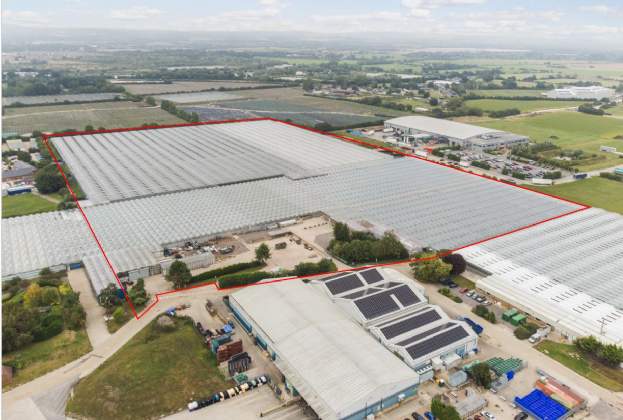The South West leisure market is continuing to thrive with holiday park operators reporting a strong trading season for the year to date. According to Barclays’s publication UK Tourism Dynamics, total tourist expenditure is set to rise 26.5 per cent to £14.6 billion by 2017.
The region offers a range of destinations for all tastes, from the urban Bath and Bristol to the beaches and rolling moors of Devon and Cornwall. Over the last decade Cabot Circus in Bristol has opened, greatly enhancing the retail offering of the city and Stonehenge has had a £27 million visitor centre installed. All these factors have led to the South West being popular with tourists overseas and home alike.
Recently there has been a surge in the amount of investors looking to enter the leisure market, a number of whom are focusing their searches on the South West. The majority are backed by private equity investors and are therefore well funded. However, this capital isn’t always that easy to deploy.
The current difficulty facing investors is that there isn’t a high level of stock in existence, with many potential sellers reluctant to bring assets to the market while there are such strong trading conditions. The South West leisure market in particular was hit very hard by the most recent recession and took a long time to recover. Now that market conditions have improved and stabilised, many park operators are keen to develop and enhance their businesses to cater for the strong levels of demand from guests that is currently being experienced, as opposed to selling outright.
There are two categories of purchaser currently most active in the market. In the first are those who are new to the market and who are focused on rapidly establishing a presence in the sector. These investors are concentrating on improving the existing trading abilities of the business and deploying significant capital. This often involves developing and expanding over a period of three to five years.
In the second category are existing park operators who are looking to expand their leisure portfolio, specifically focusing on parks with development opportunities. Such purchasers are willing to speculatively invest on development opportunities and under-trading parks that have redevelopment potential.
While the currently unsettled economic climate is probably some way off fully stabilising, the British holiday sector is showing no signs of slowing down, which will keep holiday parks high on investors' wish lists for the foreseeable future.
Further information
Read more: Aspects of Leisure
.jpg)


.jpg)

.jpg)

.jpg)
.jpg)
.jpg)
